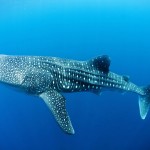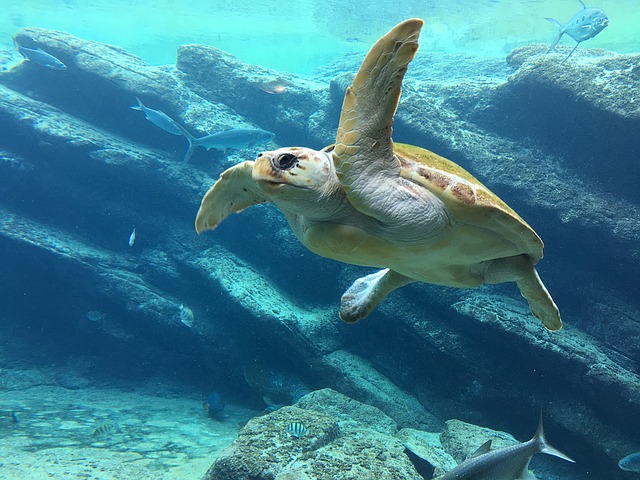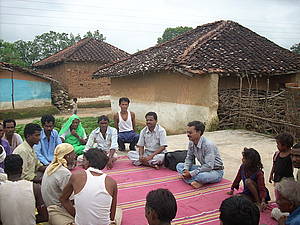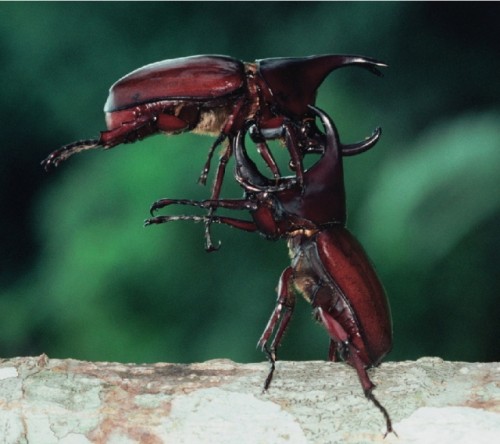
Scientists at the University of Exeter have come up with a simple and cost-effective solution to prevent sea turtles from getting caught in fishing nets. They have found that attaching green LEDs to fishing nets can help reduce the sea turtle deaths by 64 percent. The lights do not have any effect on the number of fish caught.
Sea Turtles, of which there are seven different species are mostly categorised as endangered. They face many threats such as poaching, habitat loss and accidentally getting trapped in fishing nets.
“Small-scale net fisheries are one of the most common fishing methods globally, and sea turtle bycatch in net fisheries is very high,” says Jeffrey Mangel, a Darwin Initiative research fellow based in Peru. “And yet very few solutions have been identified that can effectively reduce turtle bycatch in these types of fisheries.”
Changing Animal Behavior to Save Lives
The researcher says they wanted to study the behavior of the turtles after they see the LED lit fishing nets and if they changed their course and not get caught in the nets.
“The idea of using the lights comes from asking how we can change the behavior of animals, in this case sea turtles, in ways that can reduce their interactions with fishing gear,” Mangel says. “Animal behavior is driven in part by their senses—sight, smell, hearing—so in this study we wanted to see if by adding the light to the net, we could change turtle behavior and reduce their bycatch. And that seems to be the result.”
The study was carried out in a working fishery in Sechura Bay in Northern Peru, home to various species of sea turtles. The gillnet fishermen of Peru cast 100,000 kilometres of net every year and inadvertently kill thousands of sea turtles. The team of researchers used 114 pairs of nets. In the experimental set of each pair, LEDS were attached at an interval of 10 metres along its floatline. The other set (control) was left as such. 125 sea turtles were caught in the control nets while only 62 were caught in the lighted-up nets.
Each LED cost about $2 in Peru and that translates to about $34 for every turtle saved. The costs are expected to decrease when the LEDs are introduced on a larger scale.
The team is now expanding their research on testing LEDs on different kind of net fisheries. They will be testing out different combinations of nets with different types of target catch and how eff ective it would be on different species of sea turtles. Research would also be done using different colours of LED and whether different wavelengths affect the numbers of sea-turtle bycatch and on the numbers of target catch. Further, the study will research the effects or efficacy of the illuminated nets in reducing other bycatch like sea-birds and small cetaceans like dolphins. The team hopes that their research might result in bringing about a cost-effective and sustainable global solution to bycatch.
“In an ideal world, net fisheries, like any other fishery, would be able to fish sustainably—both for their target catch species and for any incidental (or bycatch) species,” says Brendan Godley, a professor at the University of Exeter and a member of the team. “And in an ideal world, these fisheries would provide fishermen and fishing communities with sustainable livelihoods, that provide food and employment to these communities into the future.”
More Related Stories,
Millions Of Olive Ridley Turtles Hatch In India’s Biggest Rookery
Poachers Nabbed With Rare Soft Shelled Turtles
UV Light Emitting Diodes To Save Turtles From Fish Nets










